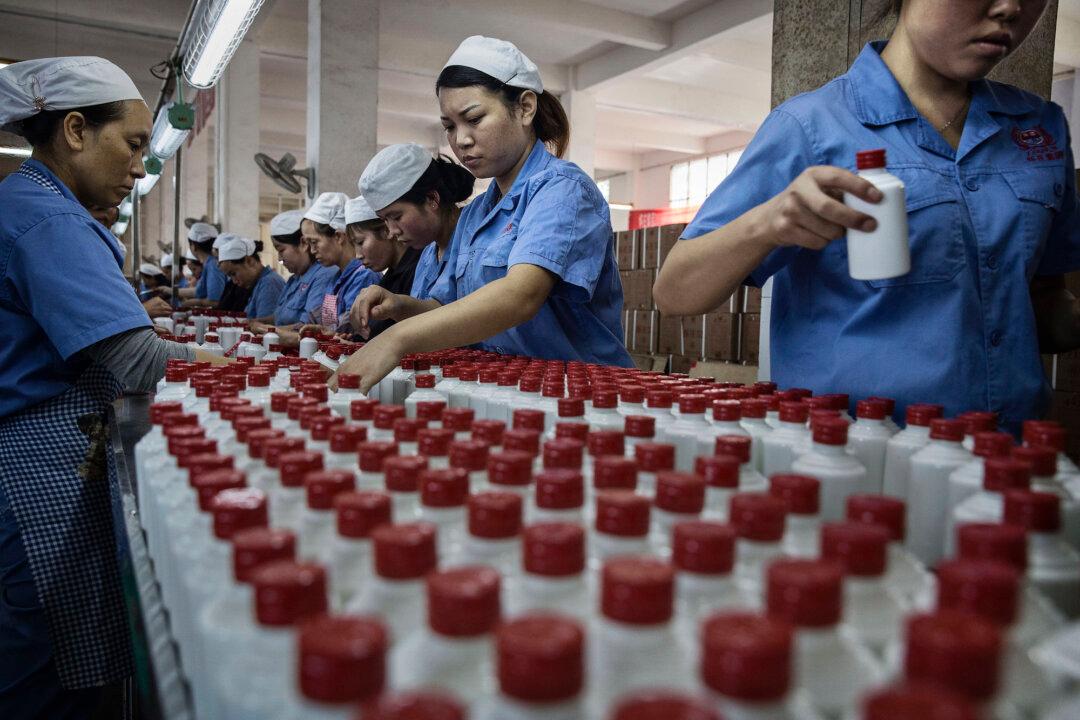Kyocera, one of the largest chip component manufacturers in the world, believes China can no longer play its role as the global factory amid heavy sanctions from the United States, and the company has begun shifting production to other places, including Japan.
“It works as long as [products are] made in China and sold in China, but the business model of producing in China and exporting abroad is no longer viable,” Hideo Tanimoto, president of Kyocera, said in an interview with the Financial Times. “Not only have wages gone up, but obviously, with all that’s happening between the United States and China, it’s difficult to export from China to some regions.”





